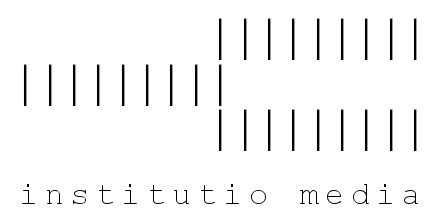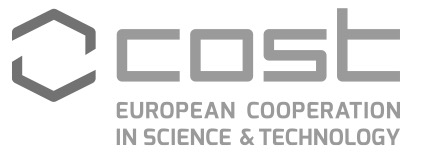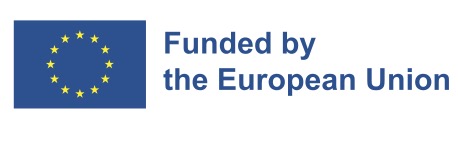Humans invented computing machines to use them as tools. However, these tools have developed to such an extent that, what not long ago was thought to be unimaginable, for example, computational generated texts or machines creating new machines, is now common-place.
The conference “Non-machines: Playground of Perspectives” reflects this situation which is fast becoming a new normal. By “non-machines” we mean human and non-human actors or tools that are not yet integrated into a machine network, such as a creature evolving freely in nature, or a human not connected to digital networks.
The conference invites us to rethink the relations between machines and non-machines, using a change of perspective: from one which sees the relationship between machines and non-machines as competing powers, to a more equitable and non-competing relationship among all entities.
As part of the COST project Toolkit of Care, this conference will explore how emerging technologies, particularly digital technologies, suggest new relationships between artists and their technological tools. How can and should machines and non-machines relate to each other? How can the use of new methods and tools help us experience the environment? How can, or should, we care for and with machines and non-machines? Does thinking about our relationship with tools suggest ways of thinking more generally across boundaries of difference?
The framework of this conference is developed by the professorship of Media Environments (Prof. Ursula Damm), with support from the professorship of Social Science Urban Research (Prof. Dr. Frank Eckardt). The conference is organized by the Institutio Media in collaboration with Bauhaus University Weimar. It is part of the COST (European Cooperation in Science and Technology)-funded project: Toolkit of Care (TOC), CA21102.
TOOLKIT OF CARE (TOC) is an international project led by an interdisciplinary group of creative practitioners, academics, researchers, and arts organisations that specialise in creative technologies and have considerable experience in the production and dissemination of this kind of knowledge across Europe and internationally, who have come together to form a “critical network of care.” The network collaborates to share their collective expertise and technical knowledge employed in creative ways to develop knowledge and methodologies of care. The main aim is to produce a well formulated and integrated TOC comprising articles, prototypes, audiovisual documentation, technical manuals, theoretical analysis, and data. It will act as a model of how to successfully share knowledge and expertise across different geographical regions and social groups.
If you have any questions, please contact the Non-machines team at info@non-machines.eu.
Organised by:
Supported by:



